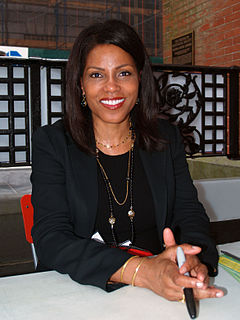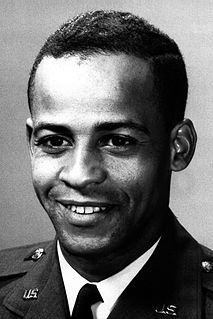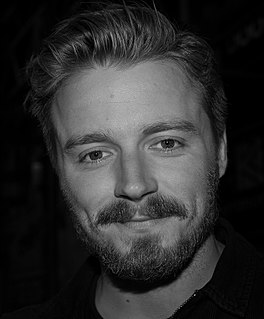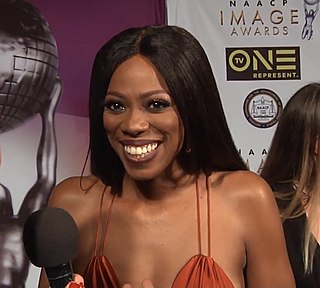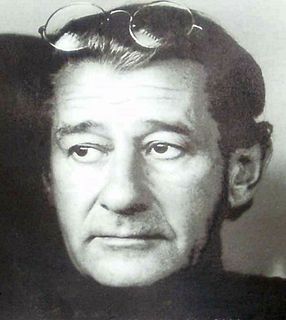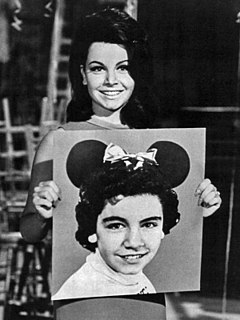A Quote by Colin Firth
I can't imagine seeing Batman in black and white. It was such a colourful TV series. I know. I'm ancient. It wasn't abnormal to be without a television in those days. People who had colour were special.
Related Quotes
The prejudice many photographers have against colour photography comes from not thinking of colour as form. You can say things with colour that can't be said in black and white... Those who say that colour will eventually replace black and white are talking nonsense. The two do not compete with each other. They are different means to different ends.
I was watching cartoons on television and a commercial came on for one of the Batman series where I played a butler. And then my grandson looked up at me and he said, "Do you know Batman?" I said, "Yes." He said, "Really," I said, "Yeah." I said I know him very well. And he told all the boys at school, he said, "My grandpa knows Batman. Does your grandpa know Batman? OK, no. Mine does.
I wouldn't know what to do with [colour]. Colour to me is too real. It's limiting. It doesn't allow too much of a dream. The more you throw black into a colour, the more dreamy it gets… Black has depth. It's like a little egress; you can go into it, and because it keeps on continuing to be dark, the mind kicks in, and a lot of things that are going on in there become manifest. And you start seeing what you're afraid of. You start seeing what you love, and it becomes like a dream.
I used to watch those syndicated, black-and-white Country Music Television shows from the '60s with my dad. And all of those people that played on our television set, they just felt like family to me. And I believed in my heart, as a little kid, that I would be doing that someday and I would know all those people and we would be friends.
I did this whole series on the buffalo soldiers-on black soldiers-I did another series on black cowboys, and I presented myself to the gallery system, and all these people with these massive collections didn't know there were black cowboys or black soldiers. I ended up hitting a niche I didn't know was there.
Everything always looked better in black and white. Everything always looked as if it were the first time; there's always more people in a black and white photograph. It just makes it seem that there were more people at a gig, more people at a football match, than with colour photography. Everything looks more exciting.
As for the not-black black president issue - white people can imagine blacks worse off than them, no problem. And now they can imagine blacks better off, no problem. But they still can't imagine black people who are just like them. That's the real problem. That's racism. Not being able to believe that those others are actually just like you.
I had no money. I had no savings account.So I would bring down my color TV set, a Sears TV with a cable snaked into it - they had no video-in back in those days - and hooked it up to the circuit of very few chips and then a little keyboard you could type on. And I was trying to impress people with how did he do it with fewer chips than anyone could ever imagine?







